
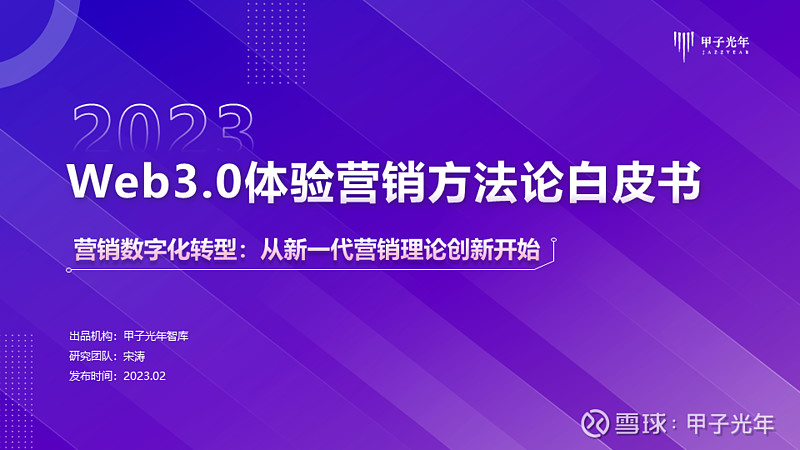
甲子光年智库推出“Web3体系下的营销数字化”行业研究系列报告,欢迎取阅与分享。
The IYK launched a series of industry studies entitled “Digitalization of Marketing under the Web3 System” and welcomed access and sharing.
全球互联网技术的发展进入到从Web2.0向Web3.0时代过渡的特殊时期。时代在变化,数字化水平在持续提高,新消费群体也在不断涌现。这些从宏观到中观再到微观的多元因素变动,导致现在消费者的消费行为在不断演化。但是我们针对Web3.0新时代的营销方法论还在原地踏步。
The development of global Internet technology has entered a special period of transition from Web 2.0 to Web3.0. Times are changing, digital levels are increasing, and new consumers are emerging.
在过去,用户触媒渠道是比较单一的,只有传统的户外媒体、传统媒体、纸媒等渠道。随着数字化水平的不断提升,在互联网时代,有线上广告、视频平台、社交、电商等各种线上线下交织,公域私域混杂的渠道,导致触媒渠道呈现多样化、碎片化趋势;与之相对应的就是对用户时间的分摊,导致用户的时间更碎片化。这就是导致品牌信息的传播效果下降,无论是宣传的触达率还是有效性都会受到影响。
In the past, the channels of communication for users were relatively homogeneous, with traditional outdoor media, traditional media, paper media, etc. As digitalization levels increased, the Internet age witnessed a combination of wired advertising, video platforms, social networking, electricity vendors, etc., which led to the diversification and fragmentation of the channels of communication in the public domain; the corresponding allocation of user time led to a fragmentation of user time. This led to a decline in the dissemination of brand messages, both in terms of penetration and effectiveness.
即便是我们触达了消费者,将品牌信息传达过去,但是从消费行为偏好来看,消费者的认知、习惯、兴趣等的变化周期在缩短,过去基于产品、价格、渠道、促销这些传统的营销要素已经无法激发消费者的冲动性购买行为。所以过去那种单一链条的营销模式已经无法跟上消费者行为的变化。我们需要一个更符合新状况的模型。
Even if we reach out to consumers and transmit brand messages to the past, consumer behaviour preferences suggest that consumer perceptions, habits, interests, etc. change cycles are shrinking, and that traditional marketing factors based on products, prices, channels, and promotions have in the past failed to stimulate consumer impulses to buy. So the single chain marketing model of the past has been unable to keep pace with changes in consumer behaviour. We need a model that is more up to date.
过去那种基于单一消费者购买行为路径的营销模型已经过时了,我们需要建立一套具有多元路径的消费者购买行为模型,并形成新的营销方法论。
The past marketing model based on a single consumer purchase path has become obsolete, and we need to develop a model of consumer purchasing behaviour with multiple paths and a new marketing methodology.
过去的营销模型和用户行为分析更多的是基于单一路径的分析,也可以说更多注重因素分析;而新的时代下,我们在用户行为分析方面需要更多强调不同购买路径的分析与挖掘,也就是更多注重路径分析法。
Past marketing models and user behaviour analysis are more based on single-path analysis, or more factor-based analysis, and in the new era we need to place more emphasis on analysis and excavation of different purchase paths in user behaviour analysis, that is, more path-based analysis.
为了解决这个问题,为了给行业探索并提出一些新的符合当下Web3.0体系下市场规律的营销方法论。甲子光年智库开展了本次专项研究,并尝试推出这份白皮书。
In order to solve this problem, the industry is exploring and proposing new marketing methods consistent with the current Web3.0 system.
我们希望能为行业发展抛砖引玉,为探索新时代的数字营销方法论贡献一点力量。
We hope to contribute a little to the development of the industry and to the exploration of digital marketing methodologies in a new era.
这是我们这个白皮书推动的原动力,也非常期待能有业内厂商跟我们一起共建此方法论。
This is the driving force behind our White Paper, and it is very much to be expected that industrial manufacturers will join us in building this methodology.
关注公众号「甲子光年」,后台回复“Web3体验营销方法论”,获得高清版完整PDF。或者点击文末“阅读原文”,进入甲子光年官网下载。
Focus on the Public Day of A sub-ray, replies backstage to Web3 experiential marketing methodology, gets a full high-cleaning PDF. Or click at the end of the text, read the original text, and download it on the A sub-lightyear officer network.
核心观点:
Core perspective:
二十一世纪开始,世界经济模式开展转为体验经济, 其在生产行为和消费行为方面更为注重体验与互动。
Beginning in the twenty-first century, the world economic model was transformed into an experience of the economy, with a greater focus on experience and interaction in production and consumer behaviour.
在进入体验经济时代之后,消费者的冲动性购买行为成为主要关注领域,由此又产生了符合诱导消费者冲动性购买行为的营销理论,即体验营销理论。
After entering the economic era, consumer impulse purchasing became a major area of concern, resulting in marketing theories that were consistent with the enticing of consumer impulse purchasing, i.e., marketing theories.
体验营销发展到现在,已经随着数字化技术的广泛应用得到了升级,消费者的行为也发生了本质变化,所以亟需一个新的营销理论来支撑新消费行为的策略制定。
The experience of marketing has evolved to the present time, as the widespread application of digital technology has been upgraded and consumer behaviour has changed substantially, so a new marketing theory is urgently needed to underpin the development of new consumer behaviour strategies.
全球互联网发展迈入Web3.0时代, 数字技术的发展推动体验应用循环式升级,需要建立满足沉浸体验的新营销理论体系以适应Web3体系下用户购买行为路径特征。
Global Internet development has entered the age of Web3.0, and the development of digital technology has driven the experience of cycling upgrading, requiring the establishment of a new marketing theory system that meets the immersion experience to adapt to the user buying behaviour path characteristics of the Web3 system.
Web3体系下体验水平实现从被动式向主动式体验的跃迁,体验水平的跃迁式提升,导致消费者购买行为路径更为多元,促使建立多元路径分析体系,构建符合Web3特点的体系。
The experience level under the Web3 system is moving from passive to active, and the experience level is moving up, leading to a greater diversity of consumer purchasing behaviour paths, leading to a multi-path analysis system and a system that meets the characteristics of Web3.
Web3下消费者行为由单一因素变为完整路径行为,并向结构行为转变,需要一套覆盖多元路径消费者购买行为模型的新营销方法论。
The shift in consumer behaviour under Web3 from a single factor to a complete path behaviour and a shift to structural behaviour requires a new marketing methodology that covers models of consumer purchasing behaviour across multiple paths.
决策式AI为品牌开展精准营销、个性化定制营销提供技术支撑,随着以ChatGPT为代表的生成式AI技术逐步走向成熟与落地,将在营销策略的制定和内容生产方面真正实现智能化、自动化,为构建Web3.0体系下的营销智能化路径分析完整解决方案提供的技术基础。
Decision-making AI provides technical support for precision marketing and customized marketing of brands. As the generation AI technology, represented by ChatGPT, matures and lands, real intelligence and automation will be achieved in the development of marketing strategies and content production, providing the technical basis for the construction of a complete solution for marketing intelligence path analysis under the Web3.0 system.
品牌主的营销管理思想在发生变革,营销数字化转型从新一代营销理论的探索与创新开始。
The marketing management thinking of brand owners is changing, and the digitalization of marketing begins with the exploration and innovation of a new generation of marketing theories.
基于以上分析,提出元点体验营销创新理论,主要聚焦冲动性购买行为,且强调事中型策略。元点营销是事中型营销理论,强调注重数字化技术、内容创作和营销触达的实时性、有效性。
Based on the above analysis, a meta-prompt marketing innovation theory is presented, focusing mainly on impulse purchasing behaviour, with an emphasis on medium-sized marketing strategies. The meta-marketing is a medium-sized marketing theory, with an emphasis on the real-time and effectiveness of digital technology, content creation and marketing.
本次报告旨在为探索Web3.0体系下的营销理论进行尝试。未来我们将持续推出Web3.0体系下的营销数字化理论、产品、实践与研究洞察,并在后续推出深度报告。敬请期待!
The purpose of this report is to try to explore marketing theory under Web3.0. We will continue to introduce marketing digital theory, products, practices and research insights under Web3.0 in the future, as well as further in-depth reports. Please look forward to!

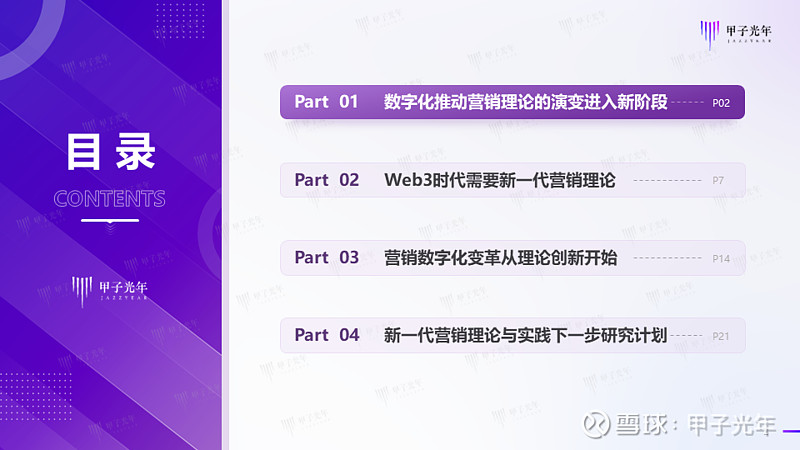
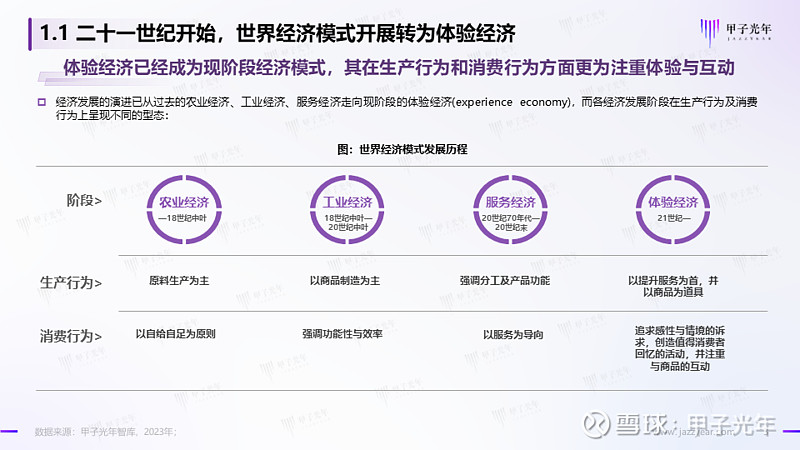
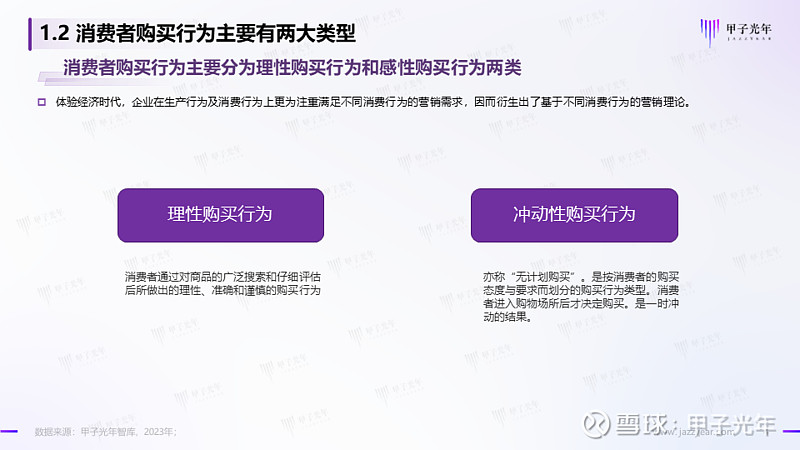
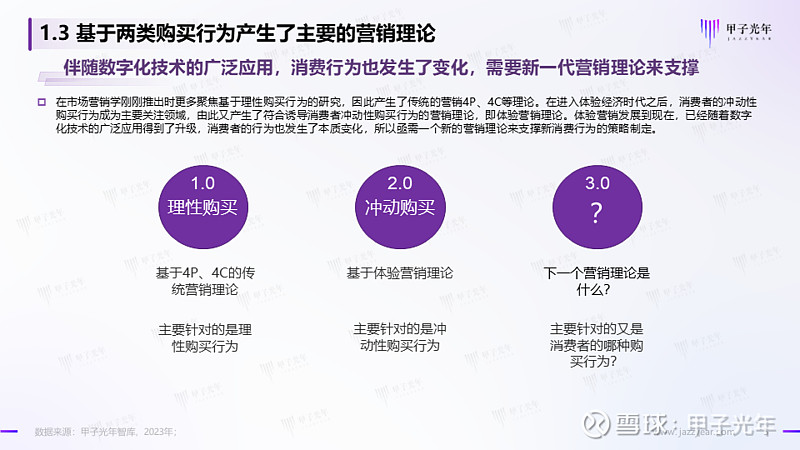
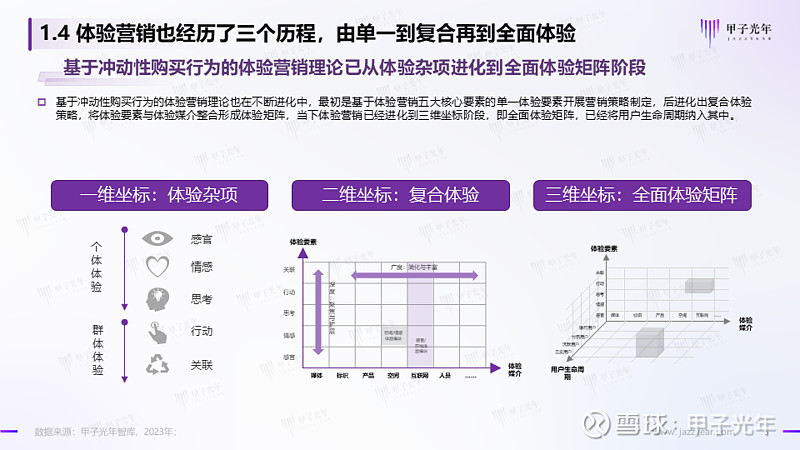


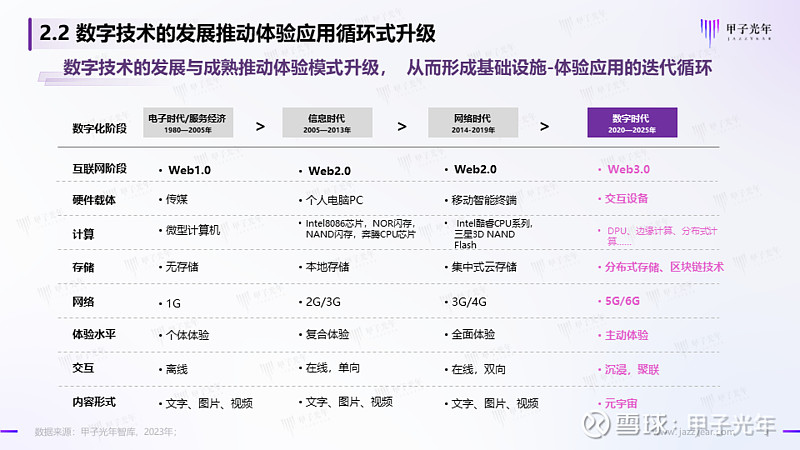
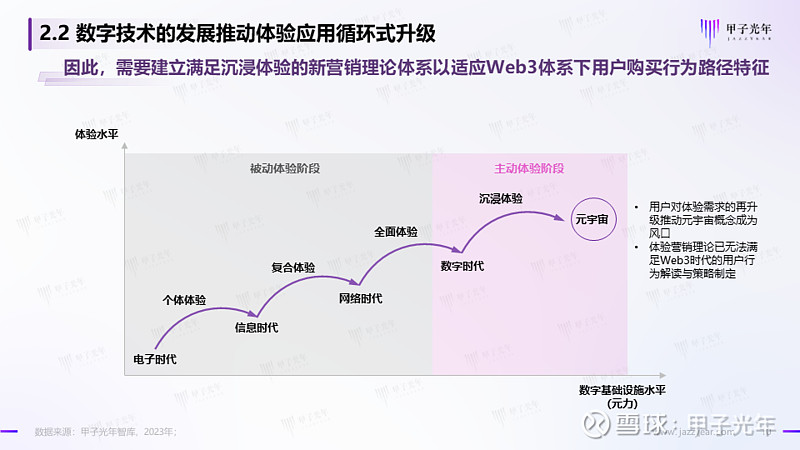
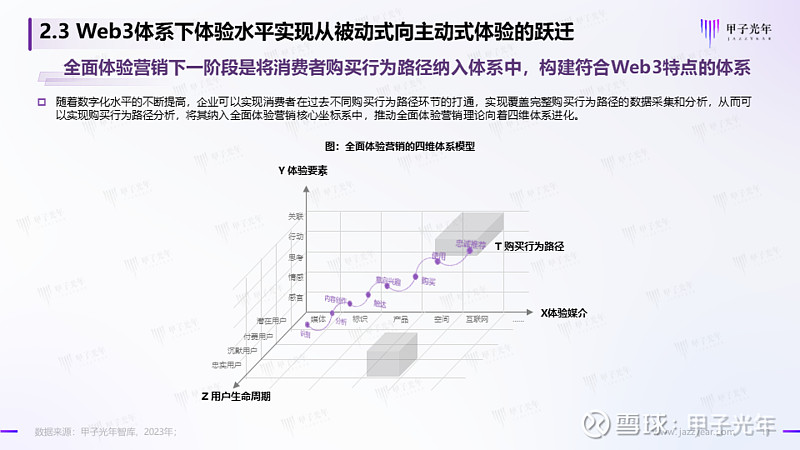
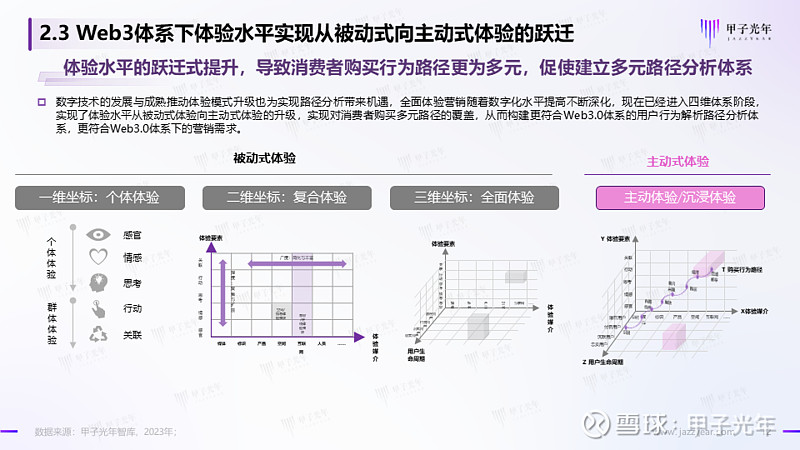
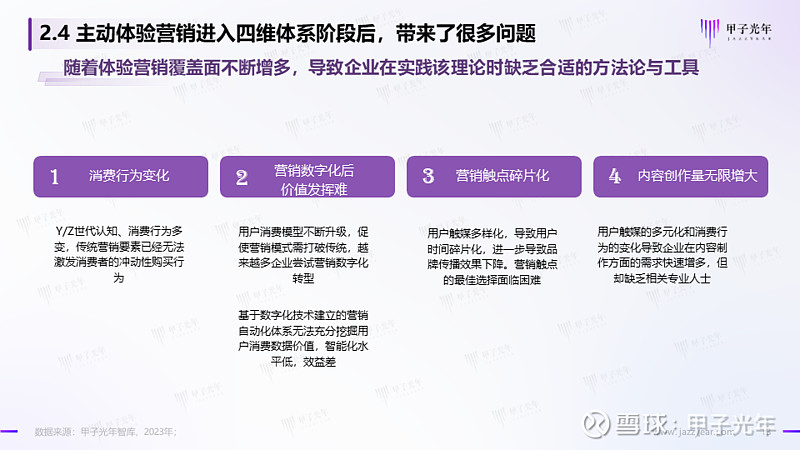
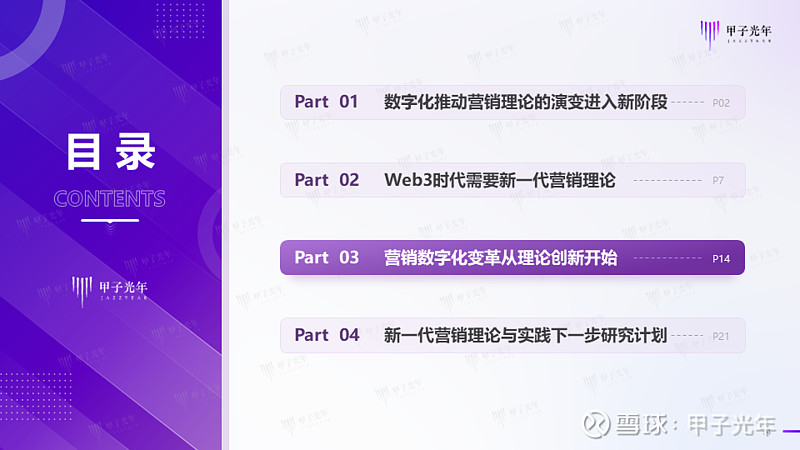
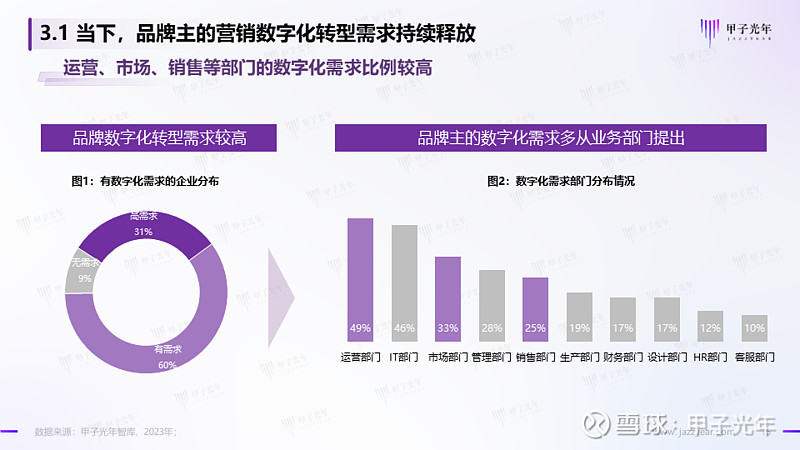
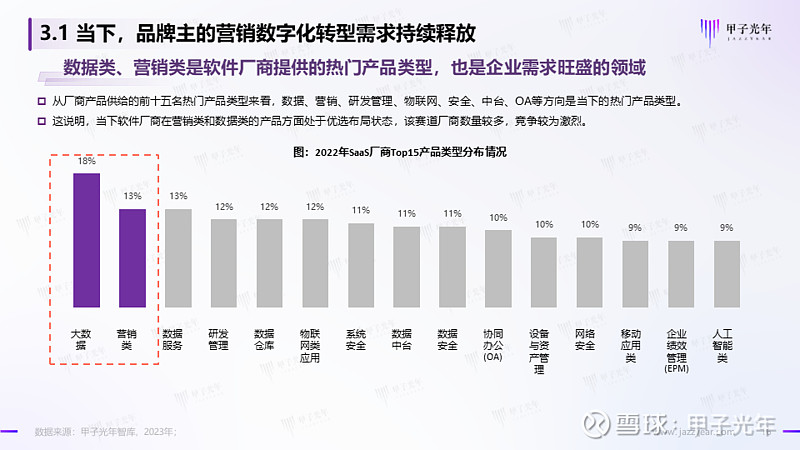

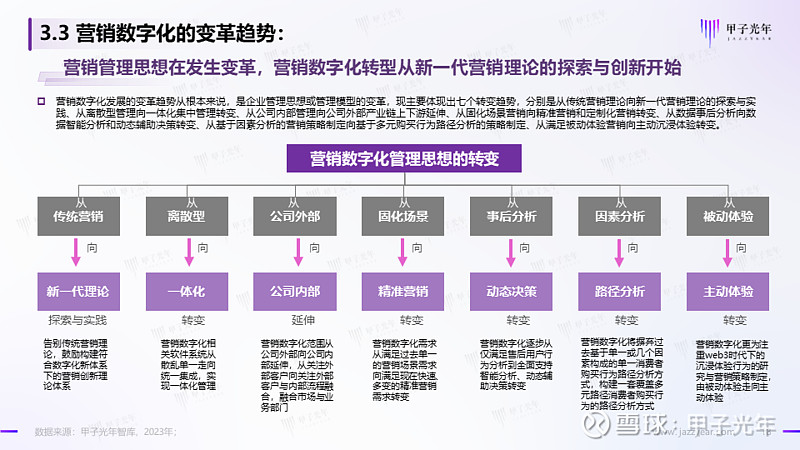
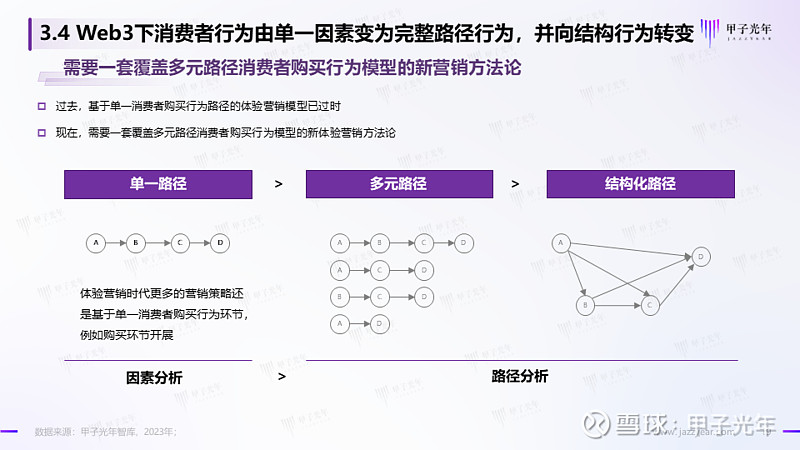
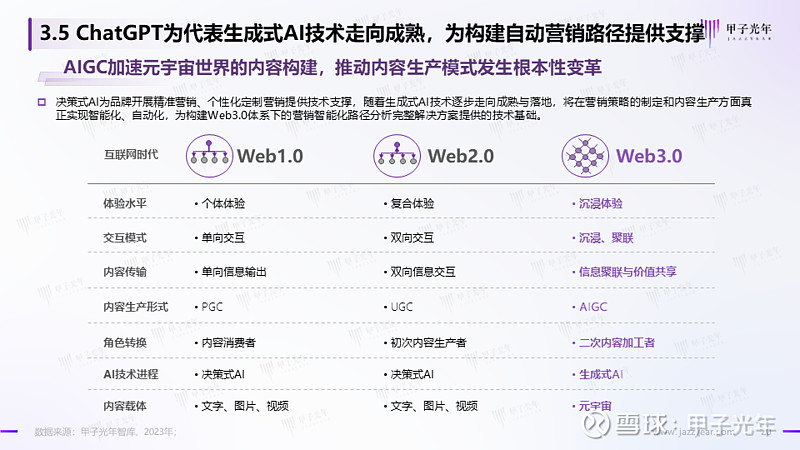
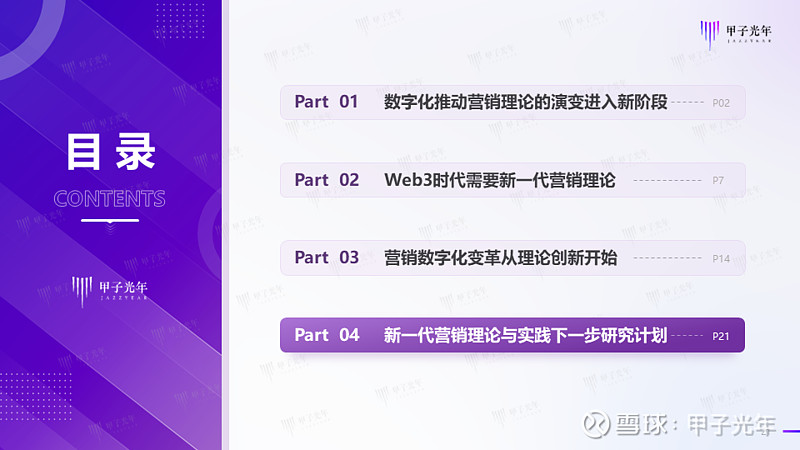
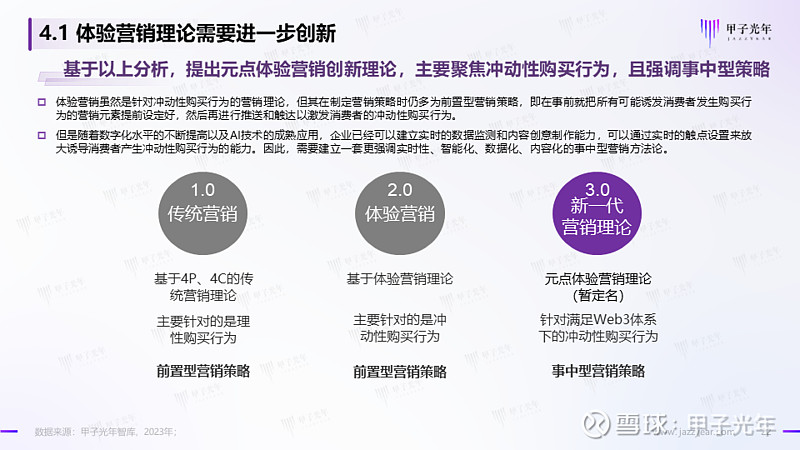
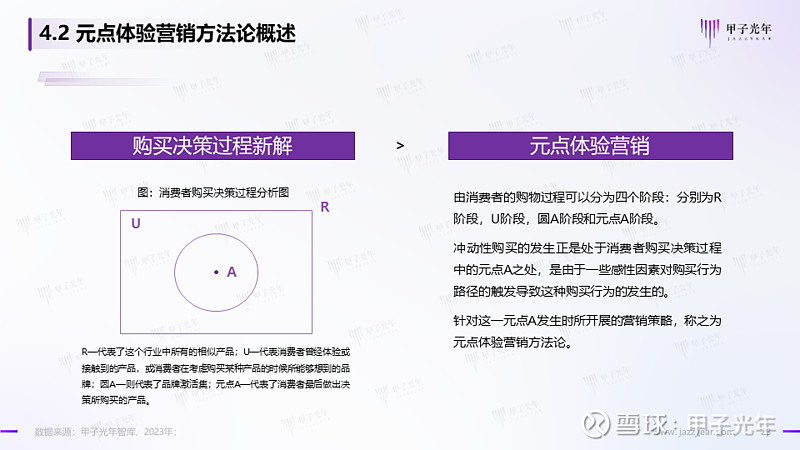
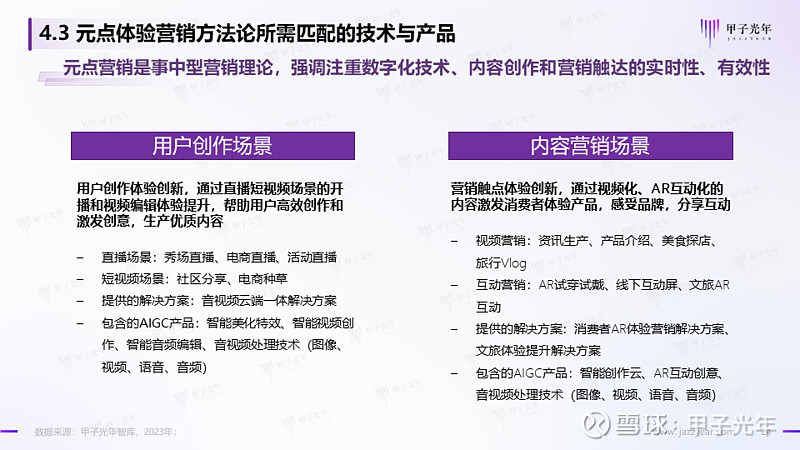
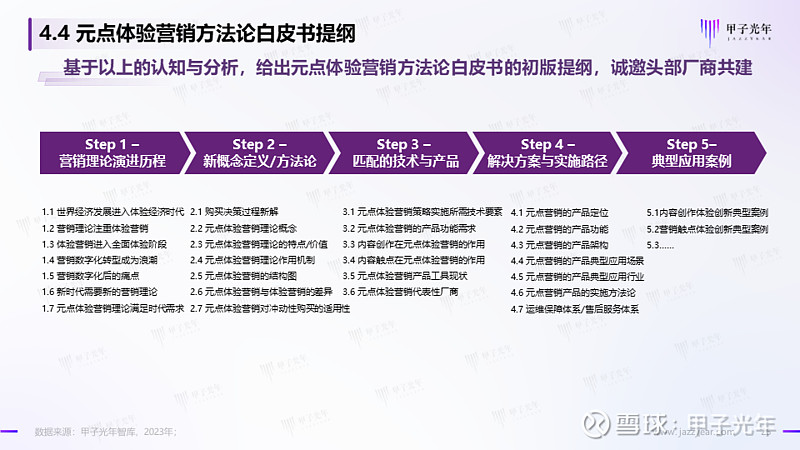
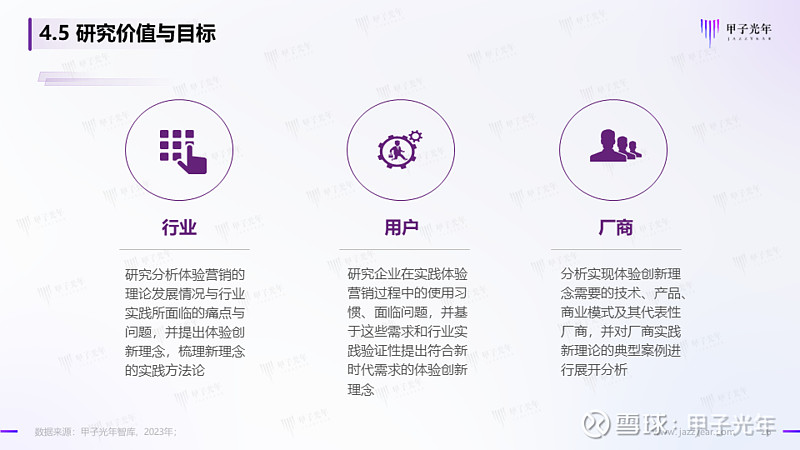
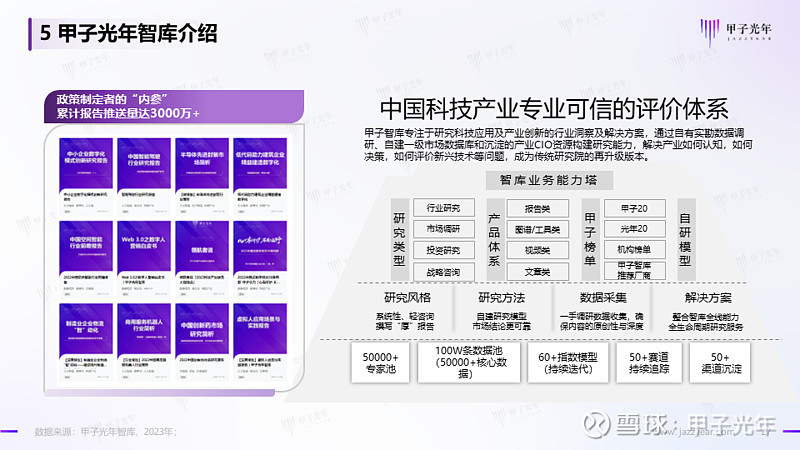
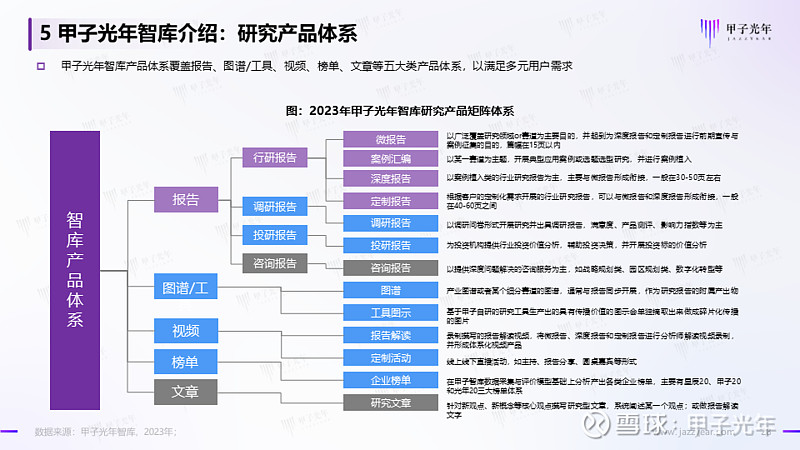
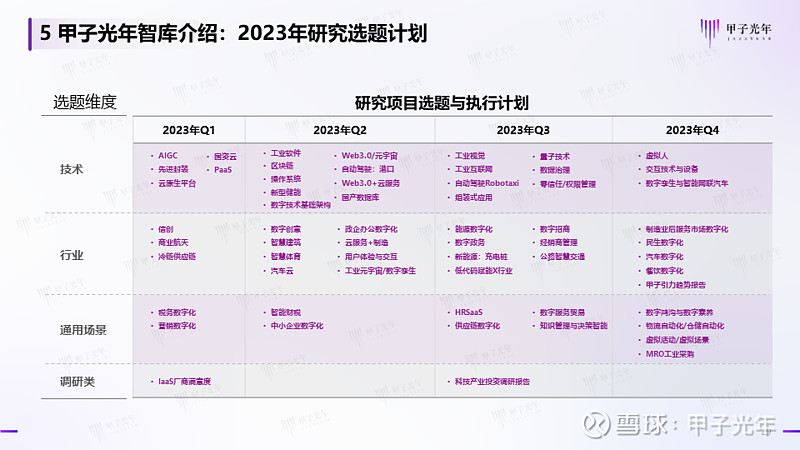
END.

注册有任何问题请添加 微信:MVIP619 拉你进入群

打开微信扫一扫
添加客服
进入交流群















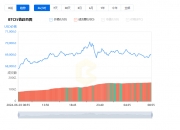
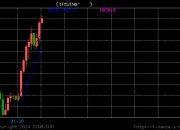

发表评论